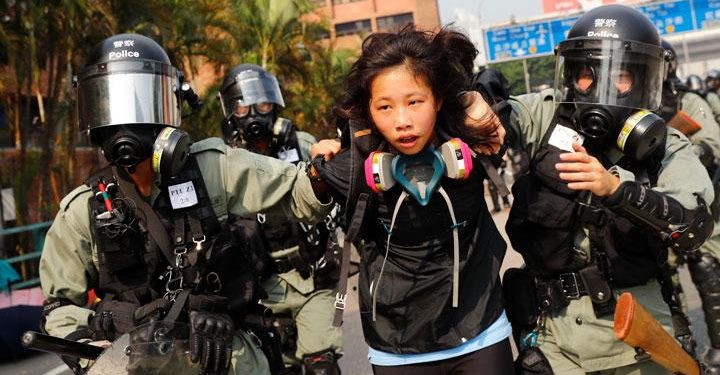Beijing: China has sharply reduced the number of directly elected seats in Hong Kong’s legislature. It is a huge setback for the territory’s already beleaguered democracy movement. The changes were announced Tuesday after a two-day meeting of China’s top legislature. People of Hong Kong have been continuously protesting against China’s interference.
In the new make-up, the legislature will be expanded to 90 seats. However, only 20 will be elected by the public. Currently, half of the 70-seat legislature – 35 seats – are directly elected.
The move is part of a two-phase effort to reign in political protest and opposition in Hong Kong. It is a part of China but has had a more liberal political system as a former British colony. China imposed a national security law on Hong Kong last year. It is following up this year with a revamp of the electoral process.
The crackdown comes in the wake of months of pro-democracy protests in 2019 that brought hundreds of thousands to the streets. The protests turned violent as the government resisted demands.
China’s top legislature is the Standing Committee of the National People’s Congress. It amended Hong Kong’s constitution to pave the way for the changes. The Hong Kong government is now tasked with revising its electoral laws and holding an election.
The new body will have 20 elected members, 30 chosen by the constituencies and 40 by an Election Committee, which also has and will continue to choose the city’s leader. The committee, which will be expanded from 1,200 to 1,500 members, is dominated by supporters of the central government in Beijing.
A separate committee will also be established to review the qualifications of candidates for office in Hong Kong. This will be done to ensure the city is governed by ‘patriots’, in the language of the central government.
The political opposition in Hong Kong has advocated for more democracy, not less. It sees the changes as part of a broader effort to keep them out of office. In part, it comes down to the definition of patriots. The opposition has tried to block legislation by filibustering a key legislative committee for months and disrupting legislative proceedings.
Beijing, which prioritises political stability, sees these actions as unduly interfering with the governing of Hong Kong. It wants to keep these actors out of government.
The full National People’s Congress rubber-stamped a proposal in mid-March that authorised the Standing Committee to amend the Basic Law, the constitution that has governed Hong Kong since the former British colony was handed over to China in 1997.






































